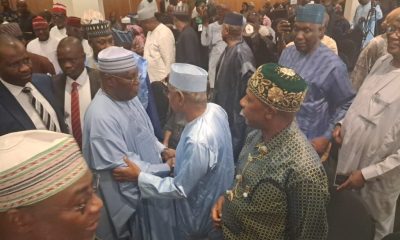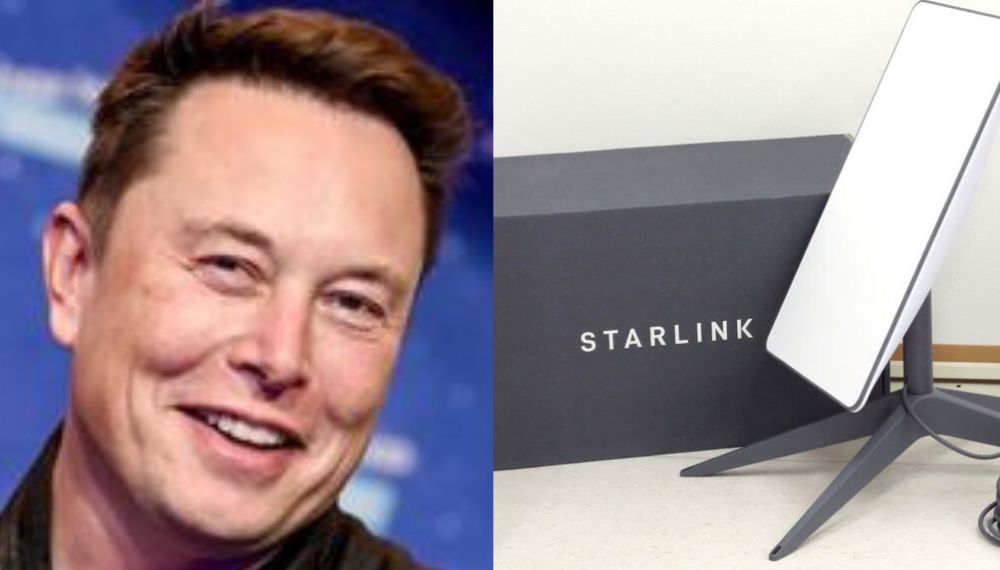Elon Musk’s internet service provider, Starlink, has once again raised prices for its subscribers in Nigeria. Starting January 27, 2025, customers on the Residential Plan will be required to pay N75,000 per month, a significant increase from the current N38,000.
This move comes just a month after the company suspended a previous price hike due to regulatory pushback from the Nigerian Communications Commission (NCC).
The price adjustment has raised questions regarding the approval process, as the NCC has yet to confirm whether it authorized the increase.
Dr. Reuben Mouka, Director of Public Affairs at the NCC, stated in a recent interview that he had not been briefed about the development, leaving uncertainty about whether the price hike aligns with the Commission’s regulations.
In a message to its subscribers, Starlink explained the reasoning behind the price increase, citing ongoing investments to enhance its network and service quality.
The company stated, “To continue enhancing the Starlink network and delivering reliable, high-quality service across Nigeria, we are adjusting our monthly subscription prices. These changes reflect our commitment to investing in the infrastructure needed to support and improve your experience with Starlink.”
READ ALSO: Starlink pauses price hike for Nigerian subscribers amid regulatory scrutiny
Current subscribers will begin paying the new rate of N75,000 per month starting in January 2025. New customers will be subject to the increased rates immediately.
For other subscription plans, Starlink announced that customers on Regional roaming subscriptions will now pay N167,000 monthly, while those on Global roaming will be charged N717,000 per month.
While the NCC has not yet confirmed whether the increase has been officially sanctioned, it seems unlikely that Starlink would have announced the hike a second time without securing the necessary approvals.
This has sparked potential controversy within Nigeria’s telecom sector, as local operators have been lobbying for increases in data and voice tariffs, which the NCC has yet to approve.
After the initial price increase announcement in September, there were accusations within the telecom industry that the NCC had allowed Starlink to raise its prices.
This prompted the Commission to issue a disclaimer, clarifying that Starlink had not received approval for the hike. The NCC also pointed out that the company’s actions violated Sections 108 and 111 of the Nigerian Communications Act, 2003, which govern tariffs and pricing in the telecom sector.
According to Section 108 of the Nigerian Communications Act, the NCC holds the authority to regulate telecom tariffs.
The law stipulates that no licensee, including Starlink, can impose charges for services without prior approval from the NCC. Section 111 of the Act further states that the Commission is empowered to impose financial penalties on any licensee that exceeds the approved tariff rates.
As the price increase stirs controversy, the situation underscores the regulatory challenges in Nigeria’s evolving telecom landscape.
The NCC is expected to address the issue in the coming weeks, and stakeholders in the telecom sector will be watching closely to see how the Commission responds to this latest development.

 Latest1 week ago
Latest1 week ago
 Health1 week ago
Health1 week ago
 Football1 week ago
Football1 week ago
 Latest1 week ago
Latest1 week ago
 Latest1 week ago
Latest1 week ago
 Crime1 week ago
Crime1 week ago
 Football5 days ago
Football5 days ago
 Crime1 week ago
Crime1 week ago

